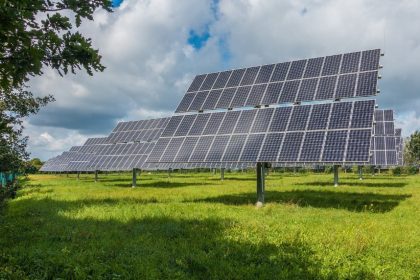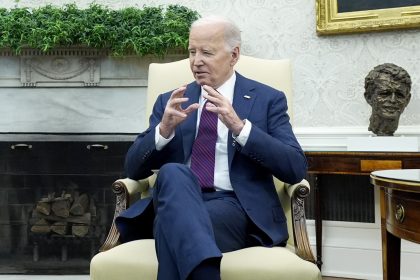Energy Dept. to Invest $4.75M in National Center for Offshore Wind

WASHINGTON — The Department of Energy is investing $4.75 million to establish a new national center of excellence to accelerate the development of “reliable and equitable” offshore wind power in the United States.
The Academic Center for Reliability and Resilience of Offshore Wind will be led by the University of Massachusetts Amherst, with approximately 40 partners.
Its focus will include workforce development, targeted research, and partnerships and strategies to embed equity in offshore wind development.
According to Energy Department officials, the new academic and training hub will drive progress toward fulfilling President Joe Biden’s goal of deploying 30 GW of offshore wind by 2030, having a 100% clean energy-reliant grid by 2035 and achieving net zero emissions — economy-wide — by 2050.
“Offshore wind can play a major role in decarbonizing the U.S. electric grid, and meeting its potential will require skilled workers to propel us forward,” said Jeff Marootian, principal deputy assistant secretary for Energy Efficiency and Renewable Energy, in a written statement.
“This consortium will provide timely and relevant training and education to help foster the domestic offshore wind workforce of tomorrow and secure a clean energy future for all Americans.”
The center’s new programs will be divided into three broad categories.
ARROW-Empower will focus on a comprehensive educational scale-up for offshore wind, advancing the education of 1,000 students over the initial five-year life of the center, officials said.
ARROW-Innovate will conduct research on infrastructure, atmospheric and ocean conditions, and marine and human ecology to advance the resiliency of offshore wind.
Arrow-Engage will connect with communities across the country and help ensure benefits from offshore wind are spread equitably, while also helping to grow a diverse domestic workforce.
The numerous partners in the new center include eight universities, three national laboratories and two state-level energy offices, as well as many industry and stakeholder groups.
These include Clemson University, Morgan State University, Johns Hopkins University, Northeastern University, University of Massachusetts Dartmouth, University of Massachusetts Lowell, and the University of Puerto Rico at Mayagüez.
The national labs and state offices are the Argonne National Laboratory, National Renewable Energy Laboratory, the Pacific Northwest National Laboratory, the Massachusetts Clean Energy Center, and the Maryland Energy Administration.
The industry and stakeholder groups include project developers, conservation organizations, offshore wind manufacturers, a grid operator, community representatives, trade associations and standards bodies.
Dan can be reached at [email protected] and @DanMcCue

























